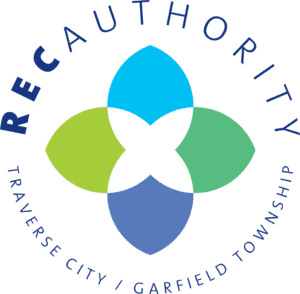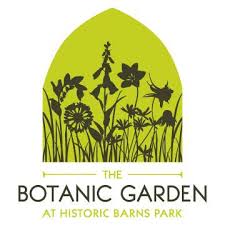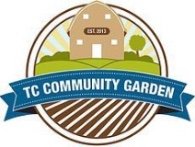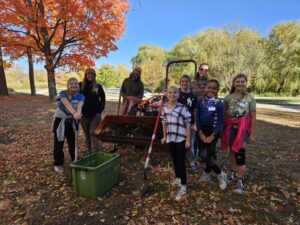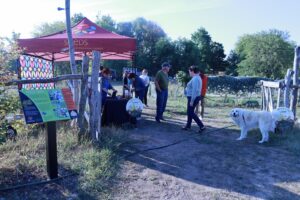Historic Barns Park
We practice what we teach.
Historic Barns Park is
a hub for SEEDS programs
As a management partner of this public park, SEEDS Ecology & Education Centers’ mission comes alive in all its facets. We operate out of the old Blacksmith Shop and engage with the landscape to practice small scale farming, energy education, and carbon drawdown solutions that the public can visit.
SEEDS EcoSchool programs host field trips, EcoCorps crew members help with improvement projects, and EcoStrategies concepts are shared through exhibits, tours, and demonstrations.
Our vision.
Based on our white-paper study of the top ten strategies to bring the entire Park toward carbon-neutrality, SEEDS has some big visions! Our key design constructs are building with energy efficiency and ecosystem repair. We partner with engineers, biologists, educators, and artists to create compelling designs and engage the SEEDS EcoCorps crew members as our primary installation crews.
Are you an angel who would like to see something of the following manifest? We need both financial support and skilled trades talent to make dreams a reality. Please contact us!
Conditioned food storage capacity
Seasonal outdoor classroom and kitchen
Micro wind generation and exhibit
Carbon sequestration and regenerative agriculture research and exhibits
Scaling compost operations
Wetland restoration and exhibits
A “Willow Way” garden and play area that demonstrates biomass capacity
What We Do at HBP:
The SEEDS Farm
Historic Barns Park was once part of the extensive campus of the State Hospital Asylum and served to grow much of the produce needed to feed the Hospital staff and patients. The SEEDS Farm at Historic Barns Park is proud to continue this tradition of feeding the neighborhood.
In addition to growing fresh food, SEEDS is engaged in the practice of using agricultural lands to sequester carbon from the atmosphere back into the soil. We think of it as Carbon Farming and building soil is one of many practical solutions to reversing global warming that can be adapted to work almost anywhere in the world.
Resident Farmer Program
The average age of the US Farmer has been rising rapidly for the last 30 years. For over a decade, the SEEDS Farm has expanded opportunities for early-career farmers to practice through the farmer residency program.
If you or someone you know is interested in becoming a resident farmer at the SEEDS Farm, we post a Request for Proposals for resident farmers each year around December and January.
Current Resident Farmers:
Carter’s Compost
The Father Fred Foundation & Giving Garden
Salix Collective
Energy Efficiency
SEEDS Ecology & Education Centers and its park partners are proud of the energy efficiency, conservation, and renewable technology measures already taken. A growing number of exhibits and activities help visitors learn about energy and carbon, just by walking the public trails.
SOLAR
A solar array was installed in 2015 to power the irrigation systems for the SEEDS Farm and the Community Gardens. The system is grid-tied without a battery backup.
Extra electricity is fed back into the grid and offsets the electricity used by the Cathedral Barn. Panels are scalable to twice the original installed size, which means that we could double the number of panels without making any other upgrades to the system.
GEOTHERMAL
The Earth itself can be used as a renewable source of heating and cooling for buildings. By working with nature and using heat pump technologies, a geothermal system moves energy from underground to the Historic Cathedral Barn, providing heat in the winter and cooling in the summer.
In regions with temperature extremes, such as Northern Michigan, geothermal heating and cooling is considered energy efficient and environmentally friendly.
ZERO WASTE
SEEDS Ecology & Education Centers is committed to an organization-wide target of Zero Waste to landfills for all our programs. Zero Waste is a process, goal, and philosophy that involves a redesign of products and consumption, so that all material goods can be reused, recycled, or not needed at all.
Zero is an ambitious goal and we are always practicing to get closer to that goal each year. Zero Waste is one of the top ten strategies for greenhouse gas emission reductions at Historic Barns Park.
CARBON DRAWDOWN
In a fully built-out scenario for the Park, based on business-as-usual plans, the Park and its events will be responsible for about 900 Metric Tons of CO2 equivalents, which is equal to the greenhouse gas emissions of 193 passenger vehicles driven for one year.
SEEDS Ecology & Education Centers is dedicated to helping HBP reduce its carbon footprint through building efficiencies, smart waste management, renewable technologies, landscape management, and more.
Wetlands Management
Wetlands, or areas that are regularly or periodically saturated with water, are essential parts of the Grand Traverse Bay Watershed. A watershed is an area of land where water is channeled from streams, rivers, lakes, and groundwater towards a common outlet.
Environmental Artistry
Historic Barns Park was once part of the extensive campus of the State Hospital Asylum and served to grow much of the produce needed to feed the Hospital staff and patients. The SEEDS Farm at Historic Barns Park is proud to continue this tradition of feeding the neighborhood.
In addition to growing fresh food, SEEDS is engaged in the practice of using agricultural lands to sequester carbon from the atmosphere back into the soil. We think of it as Carbon Farming and building soil is one of many practical solutions to reversing global warming that can be adapted to work almost anywhere in the world.
Places of Interest at HBP
The map could not be loaded. Please contact the site owner.
Our Stories
When it comes to heating our homes, most of us want the same things: warmth, comfort, and a …
“I am grateful for the opportunity to serve a second term with the Michigan Healthy Climate Corps and …
Nine ‘Compost Crawl’ stops celebrated composting initiatives across the region Michigan has a garbage problem. Up to 38 …


